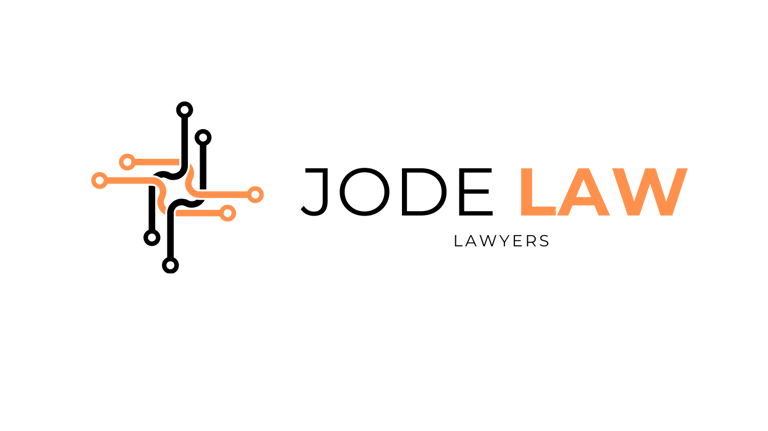BUSINESS STRUCTURES IN ONTARIO
Author: Jumi Odepe


Understanding the Different Types of Business Structures In Ontario
Choosing the right business structure is crucial when starting a new business. The business structure you choose can impact your operations, taxation, and legal responsibilities. In Ontario, there are four business structures namely, sole proprietorships, partnerships, corporations, and cooperatives. Each structure is different with unique pros and cons.
Sole Proprietorships
These are the simplest and most common forms of business structure. In this model, a single individual owns and operates the business. The owner enjoys the profits of the business and is personally responsible for all debts and liabilities. This means the owner's personal assets are at risk. Sole proprietorships are easy to set up and have fewer regulatory requirements. Income from the business is reported on the owner's personal tax return, making tax filing straightforward but potentially leading to a higher personal tax burden.
Partnerships
In a partnership, two or more individuals share ownership of a business. This business model offers the benefit of pooled resources, shared expertise and shared profits or losses. Partnerships are easy to form, usually requiring a well-drafted partnership agreement. Division of partnership income, rules for partners entering or exiting the partnership, and rights and responsibilities of the partners, are governed by the terms of the partnership agreement.
Corporations
Corporations are distinct legal entities separate from their owners. Corporation provides limited liability protection to its owners. This means personal assets are generally protected from business debts and liabilities. Corporations can raise capital more easily through the sale of shares and may benefit from corporate tax rates, which can be lower than personal income tax rates. Corporations, however, face more regulatory requirements, including the requirement of filing annual reports, preparing annual resolutions and maintaining corporate records (minute books), making them more complex and more expensive to manage.
Gain more insights on what to do after you incorporate by reading our article here.
Cooperatives
These are member-owned and operated businesses that aim to meet the common needs of their members, who can be consumers, workers, or producers. They could be for-profit or not-for-profit. Here, members have equal decision-making power. Cooperatives promote democratic control and shared benefits but may face challenges in raising capital and achieving consensus among members.
Choosing the Right Business Structure for Your Needs
To choose the appropriate business structure, consider the nature of your business, your finances, the level of control you desire, and your projected growth.
Opting for a sole proprietorship or partnership might be ideal if you seek simplicity and direct control. These structures entail less regulatory burden and offer straightforward tax reporting. However, they also expose you to unlimited liability, which could jeopardize personal assets in the face of business debts or legal issues. Incorporating is more structured and serves as a shield for the personal assets of its owners. They however come with increased regulatory requirements.
If you anticipate high revenue and substantial profits, a corporation may be more advantageous due to potential tax benefits and income-splitting opportunities. Small businesses and start-ups with minimal initial capital might prefer a sole proprietorship for its cost-effectiveness and ease of management.
The degree of control you desire also plays a pivotal role. Sole proprietorships and partnerships offer complete or shared control. In contrast, corporations distribute control among shareholders and a board of directors, which can dilute individual influence but enhance strategic oversight and accountability.
If your business goal is to scale, attract investors, or eventually sell the enterprise, a corporation may offer the most flexibility and appeal. Corporations can issue shares, facilitating investment and ownership transfer.
Choosing the right business structure requires an evaluation of your business circumstances and future growth projections. As your business evolves, remain flexible and open to transitioning between structures that best suit your business needs.
If you need legal assistance to set up the appropriate business structure for your business, connect with the business lawyers at Jode Law at lawyers@jodelaw.ca
- Jumi Odepe, LL.B., LL.M., B.L., Founder & Lawyer at Jode Law
Jumi Odepe represents clients in Corporate, Commercial and Business Law Transactions including mergers and acquisitions, corporate restructuring, and corporate financing. Jumi also represents clients in Immigration Law and Estate Law matters.
The articles published by Jode Law are intended as general information only and do not serve as legal advice. By reading, the reader understands there is no solicitor-client relationship established. If you have a legal question, consult a lawyer.

